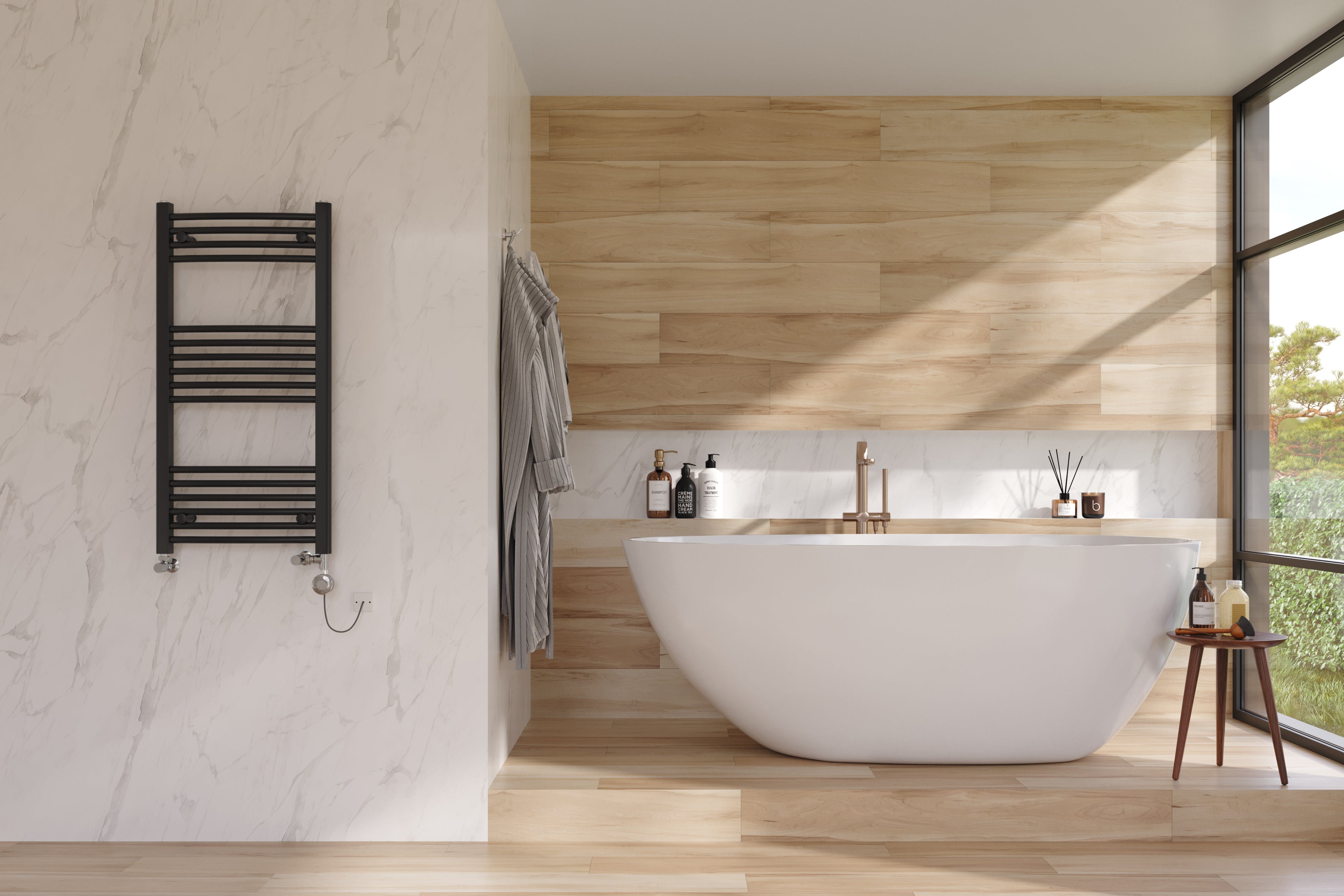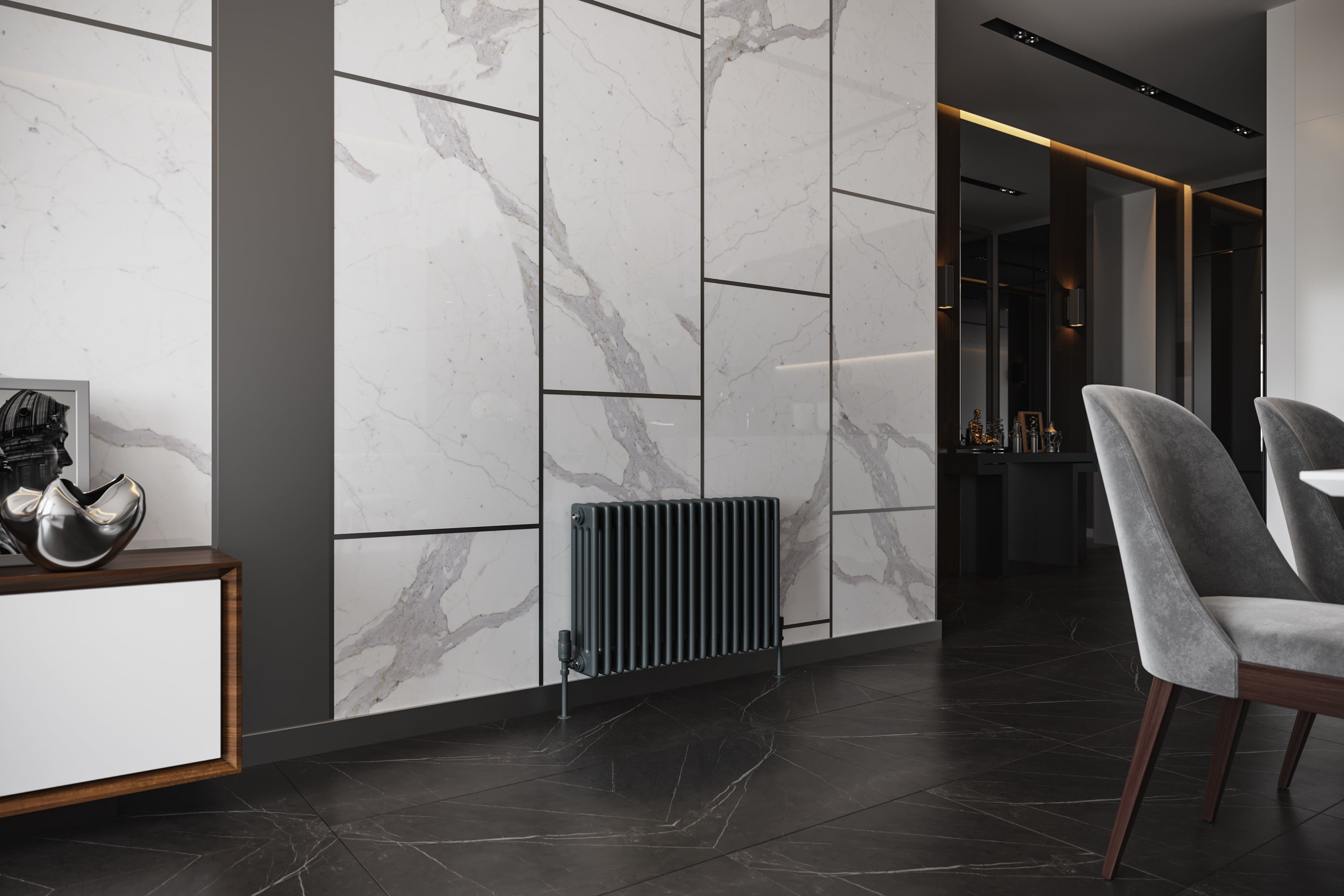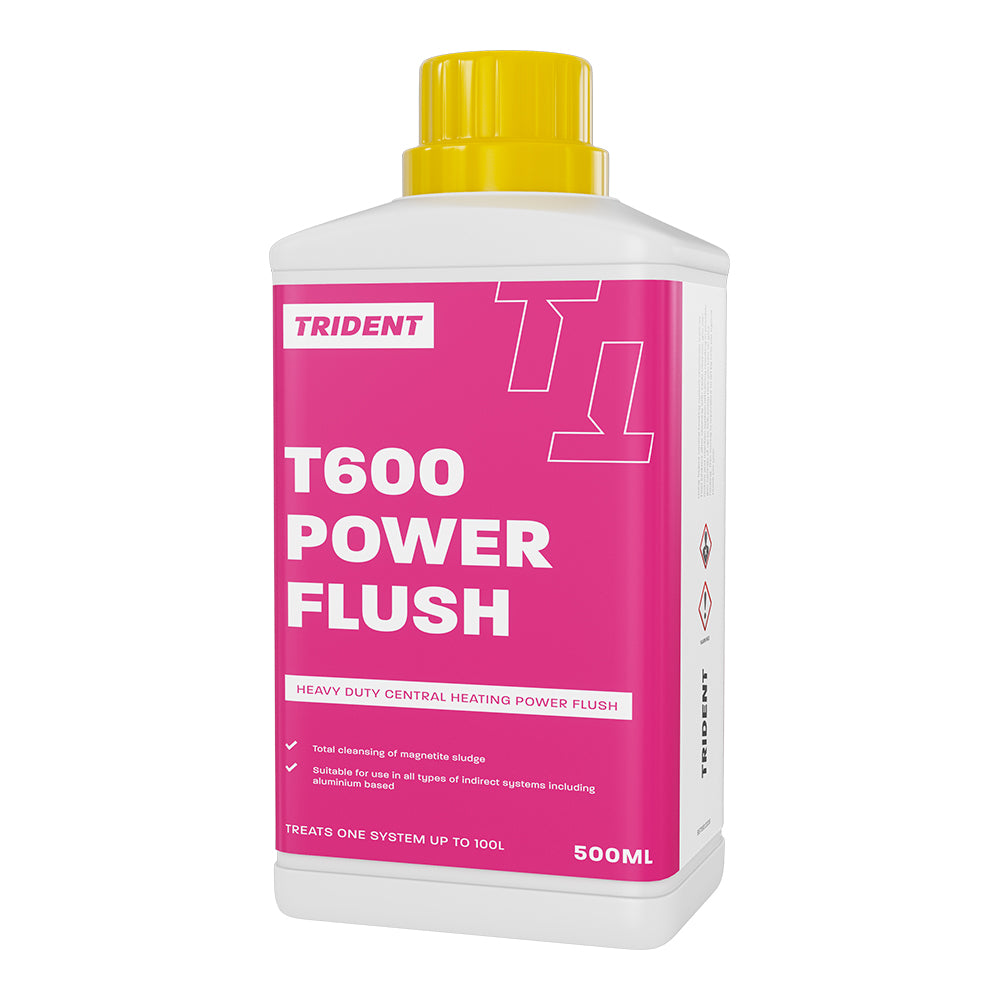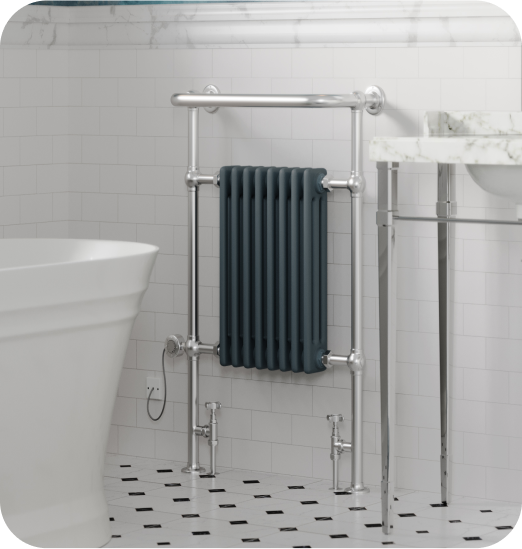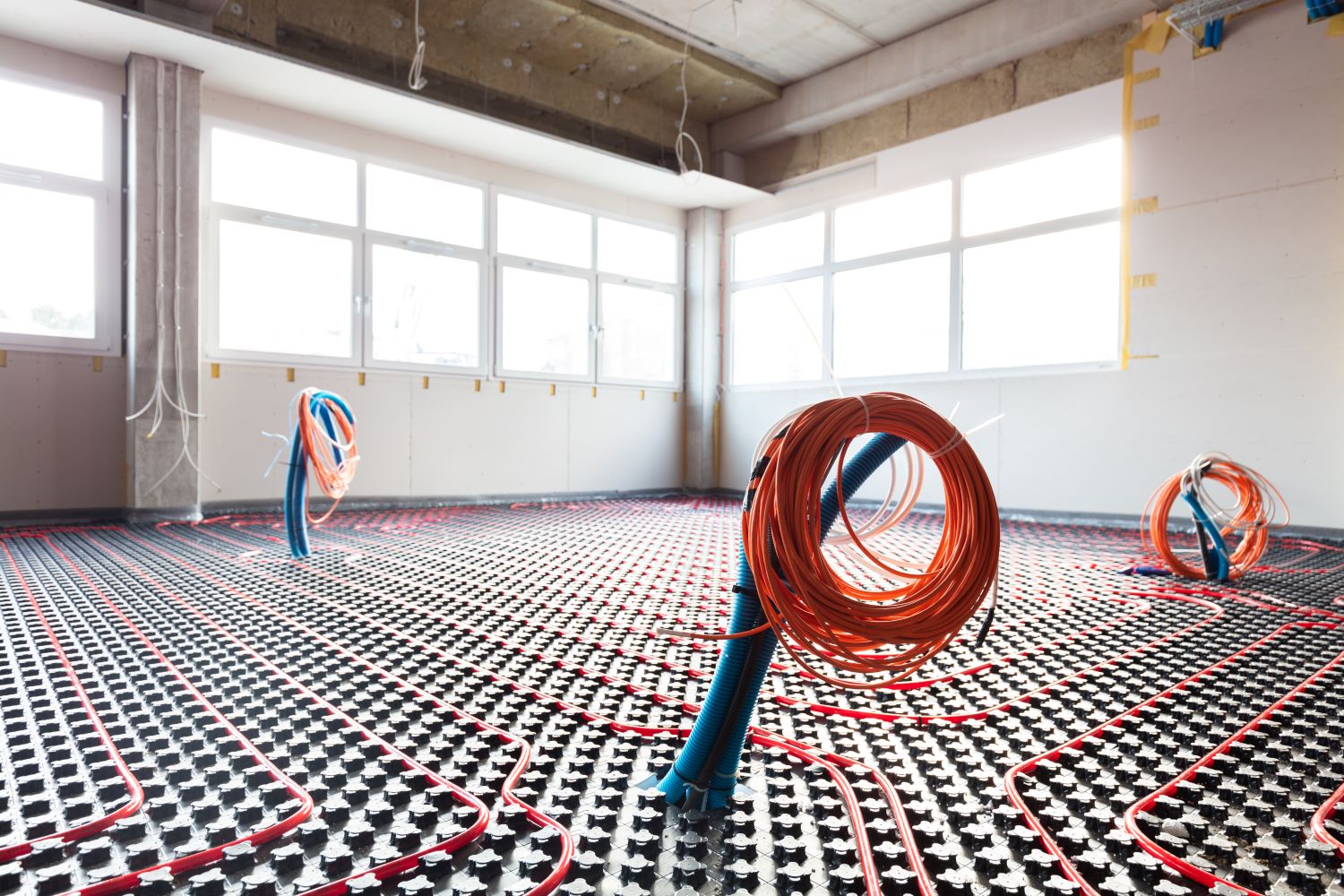
Electric Underfloor Heating vs Radiators: Which Is Better?
Electric Underfloor Heating vs Radiators: Which Is Better?
Warm weather days can be few and far between in the UK, that’s why a good home heating system is essential. If your current set-up isn’t keeping you cosy and comfortable during the colder months, you may be looking for an upgrade.
This might involve replacing your existing radiators, or even looking at alternative heating systems, such as underfloor heating. But, when deciding on the best system for your home, it’s a good idea to research and weigh up all your options.
So if the battle in your home is currently underfloor heating vs radiators, our blog on both their pros and cons can help you make a decision. Read on to find out more about both; including their energy efficiency and cost.
Electric underfloor heating vs radiators: what’s the difference?
Put simply, underfloor heating warms up the floors in a room, which then radiates heat upwards. Meanwhile, radiators heat the air in your home to create a comfortable atmosphere.
While they differ, both come with advantages and disadvantages when using them. In this blog, we’ll delve into the debate further - giving you an idea of what you can expect from both before purchasing.
The pros of electric underfloor heating
To inform your decision on underfloor heating vs radiators, let’s explore our top three advantages of using electric underfloor heating:
Even heat distribution
One advantage of electric underfloor heating is its even distribution of heat. Since it heats the entire floor, no colder spots are missed. This provides a consistent temperature for an entire room.
Increased energy efficiency
Increased energy efficiency is another benefit of using underfloor heating. Thanks to its consistent warmth throughout the home, less energy is usually required to keep your home heated.
The cons of electric underfloor heating
But, underfloor heating does have its disadvantages. Let’s take a look at some in further detail:
Higher installation costs
Underfloor heating can require high installation costs if you have an older property. For example, you might have flooring that requires work to it before implementing underfloor heating. All of which ultimately means a higher expense for you.
May have difficulties with installation
You might not be able to install underfloor heating if you don’t have appropriate flooring. Laminate floors and vinyl are best for underfloor heating as they conduct heat well, whereas carpets and rugs do not.
The pros of radiators
Radiators are a common source of heat in many homes across the country. Some reasons why include:
Come in a variety of styles
Radiators might seem old-fashioned, but these days they come in a variety of designs. At UK Radiators, we offer designer, anthracite, and column styles. So, you can be sure that you’ll find one that suits your home’s aesthetic.
Cheaper installation costs
Radiators can be cheaper to position in your home. This is because - depending on your central heating system - you might be able to install or hang the radiator yourself without paying for an engineer. They also use a simpler system with fewer materials.
The cons of radiators
Since alternative heating systems have been established, it’s easier to recognise the faults of using radiators, such as:
Less energy efficiency
Radiators can be less energy efficient in comparison to underfloor heating. But, efficiency can be increased by first ensuring that you have the right size radiators for your room(s), you can also purchase an aluminium radiator - as it conducts heat faster due to its material.
Can take up a lot of space
Radiators can take up a lot of space in a home. This might not be an issue if your property has the room, but for those with a smaller space, it can make your home look cluttered in comparison to underfloor heating. However, by choosing a wall-mounted electric radiator, you can maximise the space of your room.
Electric underfloor heating vs radiators: The conclusion
When choosing between the two, ensure you consider:
- Your available space
- Your property’s existing heating system and flooring
- Installation and energy costs
Underfloor heating might seem like a cosy option, but it doesn’t beat radiators' versatility. Not only do radiators have cheaper installation costs, but you can also use them to complement the aesthetic of an existing room.
Electric underfloor heating vs radiators: FAQs
How much does installation of underfloor heating cost?
The cost of installing underfloor heating varies depending on the amount of floor space in a room.
Ensure you consider the cost of hiring engineers to install underfloor heating. Not to mention, you also need to assess how much more it would cost depending on the modernity of your home. For example, an older property might require changes to flooring to make it suitable for this type of heating system, which would mean costs may be higher.
Let’s breakdown the cost of this and radiators as an example, so you have a rough idea:
Electric underfloor heating
Installation:
New build install: £50 - £75 per m²
Renovation property: £60 - £85 per m²
Average install cost: £800 (10m²)
(source: https://www.checkatrade.com/blog/cost-guides/underfloor-heating-cost/)
Radiators
Purchase: £27-£1712 per radiator, depending on the type and brand.
Installation Labour: £165* per radiator, assuming it’s a straightforward installation.
*(source: https://www.checkatrade.com/blog/cost-guides/plumber-cost/)
Costs of both radiators and underfloor heating will vary based on your specific requirements. We recommend obtaining multiple quotes from installers to get an accurate cost.
Can you connect underfloor heating to radiator pipes?
Whether or not you can connect underfloor heating to your radiator pipes depends on the type of you purchase.
A wet underfloor heating system uses hot water to warm a home, so it must be connected to a central heating system (and therefore pipes) to function. An electric underfloor heating system, however, would be connected to a mains electricity supply.
What radiator do you need?
What radiator you might need depends on a number of factors. To choose the right one for your home, consider:
When it comes to electric underfloor heating vs radiators, you must weigh up the pros and cons. Otherwise, you might fail to get the best out of your heating system and even have increased energy bills.
The right heating system is efficient and saves you money in the long run, whilst also upholding the general style of your home.
For more insight, see our guides on:
Stay Warm and Informed All Year Round with UK Radiators
At UK Radiators, we can provide you with guidance regarding sustainable heating in your home to help you minimise your carbon footprint, save money and live more comfortably.
Give us a call on 0333 006 8227 or send your enquiry to sales@ukradiators.com and we'll be in touch.















